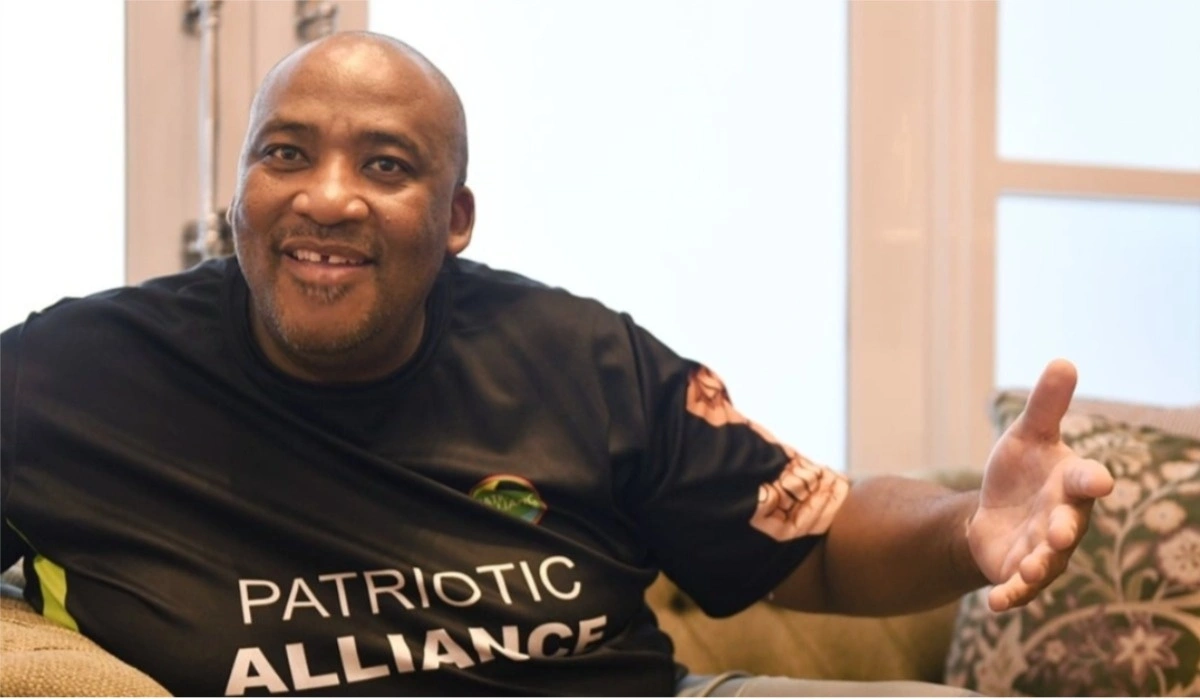This development comes after renewed public attention on the minister’s digital footprint, particularly following his recent condemnation of derogatory remarks targeting the Coloured community. The historical posts in question originated between 2011 and 2017, with civil society organisations bringing them to the commission’s attention.
Minister Gayton McKenzie Responds to Allegations
Minister McKenzie has publicly addressed the controversy, acknowledging the offensive nature of the resurfaced content. In his statement, he characterised the posts as products of immature judgment and online provocation, expressing regret for their insensitive nature.
ALSO READ: Greyhound Buses Ravaged by Fire at Jet Park Facility in Boksburg
“These posts reflect a period of personal growth I’ve since undergone,” McKenzie stated. “I fully intend to cooperate with the SAHRC’s inquiry to demonstrate my commitment to the values of equality and human rights.”
SAHRC Launches Formal Investigation Into Minister McKenzie’s Past Tweets
According to official correspondence, the human rights body has established a strict deadline for the minister’s response. McKenzie must submit all requested documentation and formal replies by Wednesday as part of the preliminary fact-finding process.
Legal analysts suggest the investigation could have significant implications for public officials’ social media conduct. Should the commission find evidence of Equality Act violations, the matter may progress to the Equality Court, where potential remedies could include mandatory sensitivity training or other corrective measures.
Broader Context of the Controversy
The scrutiny of McKenzie’s digital history intensified after his vocal criticism of podcast hosts who made disparaging comments about the Coloured community. This paradoxical situation has sparked national conversations about accountability, personal growth, and the lasting nature of digital content.
ALSO READ: Former Skeem Saam Actor Thabo Masoga Appeals for Help Amid Risks Of Going Blind
Political observers note the investigation represents a test case for how South Africa’s human rights framework addresses the historical social media activity of public figures. The outcome may establish important precedents regarding online expression and political accountability.

